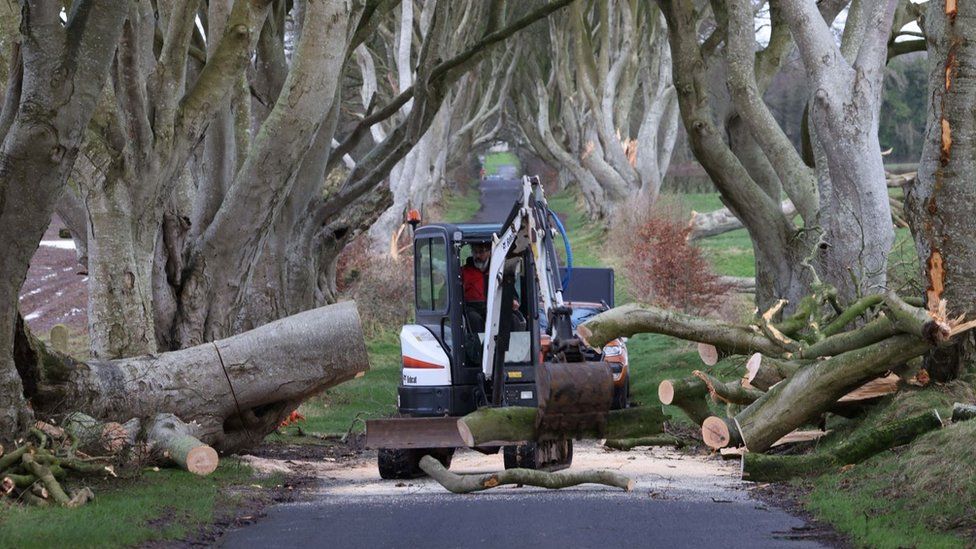Trails Carolina: Many Families Are so Grateful For Their Program
The Trails Carolina Wilderness Therapy Program turns around the lives of troubled youth by improving their self-awareness and promoting self-confidence while teaching them the value of accountability and responsibility.
In this journey, the family plays a major part. Many of the students struggle in their home environment to establish a positive relationship with their peers, teachers, and parents. As students look to graduate from Trails Carolina there will also be a great deal of uncertainty from parents and students alike as to how the attendees will adjust back into family life once they return.
Many families are grateful to Trails Carolina for how effectively they manage to keep the family involved in their child’s life throughout the program. Family involvement is one of the cornerstones of Trails Carolina.
Table of Contents
The Trails Carolina Wilderness Therapy Program Thrives on Family Involvement
Two major types of wilderness therapy programs include the nomadic therapy approach and the base camp approach. Trails Carolinas wilderness therapeutic programs fall under the second category.
The troubled teens gather every day for sessions at the Trails Carolina Base Camp before they are done recapping their experiences and heading back out to the wilderness. While the attendees are hard at work completing their assignments and life lessons through wilderness experience, the counselors and teachers work hard to involve the family through various means.
Specific Family-Oriented Programs
Family coaching, letter writing, and group therapy sessions are vital to why the Trails Carolina Mental Health programs succeed in changing self-confidence and instilling a positive outlook on their participants. But also in giving the family members and the youth a chance to rediscover each other. This means that the family can be physically and mentally prepared when their child returns home – to continue their success and manage what comes next.
Another core program is Trails Carolina’s Common Ground programming, where children and families join together to participate in adventure sports such as hiking and climbing. Such exercises serve to build trust within the family, create fun memories, and foster teamwork. Family coaches and therapists help to guide the way in these immersive experiences.
Families can Observe the Improvements First-Hand
Families are grateful given the all-around improvements and apparent outcomes from the immersive wilderness therapy, which the Trails Carolina outcomes study tracks through 12 months after the students complete the entire program.
The results from the Trails Carolina healing process programs can be found from many sources. One of the critical pieces of evidence for the success of Trails Carolina is presented through the 5-year Outcomes-Based study. The University of Arkansas tracks these results independently based on feedback from both participants and their families.
A Sampling of the Specific Results
The data-driven feedback is simply outstanding in every aspect of behavior correction and assimilation back in school, the family, and society in general. The tables below list some of the numbers reported.
Behavioral Improvements (All Students), Behavioral Focus, The measure of Success Per Responses
- Anxiety: 86% reported a decrease
- Depression: 93% reported a decrease
- ADHD: 97% reported a decrease
- Suicidal Thoughts: 98% reported a decrease
- Substance Abuse: 96% reported a decrease
- Unruly Behavior in School: 93% reported a decrease
- Externalizing Behavior: 96% reported a decrease
Behavioral Improvements (Adopted Students), Behavioral Focus, A measure of Success Per Responses

- Anxiety: 93% reported a decrease
- Depression: 97% reported a decrease
- Aggression: 98% reported a decrease
- Unruly Behavior: 97% reported a decrease
Behavioral Improvements (Pre-Teens 9-13 Years of Age), Behavioral Focus, The measure of Success Per Responses
- Rule Breaking: 93% reported a decrease
- Aggression: 98% reported a decrease
- Externalizing: 96% reported a decrease
- Disruptive Behavior: 99% of respondents showed no signs
Academic Improvements, School Performance, Improvements Per Responses
- Functioning at School: Only 17% reported issues
- Refusal to Go to School: Only 4% reported issues
- Willingness to Participate: 87% reported being excited about school
As the data above demonstrates, students across all age groups, including those adopted, show marked improvements 12 months after their programs are completed. Families are ecstatic at such results at school and home.
Reactions from Families Bears Out Satisfaction
Let’s see what some grateful parents and families are saying about the Trails Carolina Wilderness Therapy program:
Kimberley, on Facebook
Kimberley, describes how her son was correctly diagnosed for the first time at Trails Carolina and then embraced the rigors of the program – tough love but with guidance all the way. Kimberley recommends Trails as being more nurturing and educational than other wilderness-focused youth programs.
Katerina, on Facebook
According to Katerina, her daughter embraced all that Trails Carolina had to offer. Not only did she complete the program successfully, but she also bonded with her counselor Sarah and the entire peer group that she was a part of. She was planning to return the year after to be part of a mentor group, a surefire sign of not only belonging but wanting to give back.
Susanna M, on Trails Carolina Reviews Page
According to his mother, Susanna, a perpetually angry child with the world, seemingly turned his life around and discovered the right balance.
Stacy S, on Trails Carolina Reviews Page
Not only did Stacy’s son enjoys his time at Trails Carolina base camp. Stacy also describes how he bonded so much with his instructors and life coaches that he wanted to move to North Carolina after completing the program and join the staff at Trails.
The Final Word
Families whose children successfully complete Trails Carolina’s Wilderness Therapy programs feel eternally grateful for the transformation that students experience while in the program. This is highlighted through reviews, anecdotal evidence, and a 5-year study conducted by the University of Arkansas.







